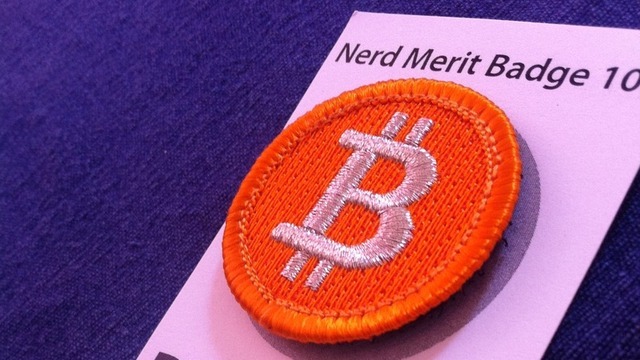
Publicity shot from Craig Wright's now-deleted website. (credit: Craig Wright)
Craig Wright, the Australian investor who claimed just three days ago to be the inventor of Bitcoin, said he's backing away from the world stage.
Wright's claims were debunked by experts within hours, who noted that his Satoshi signature was actually a 2009 signature he copied from the blockchain.
Just yesterday, Wright said he knew his claims would need "extraordinary proof," and that such proof was on the way. A day later, he has decided not to prove it after all. Wright says that he "broke" as he was about to publish proof of access to the earliest keys. "I do not have the courage," he wrote in a note on his website. "I cannot."








